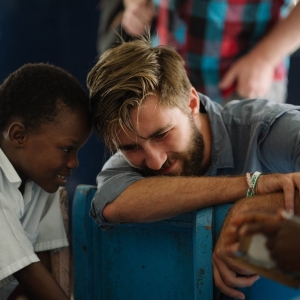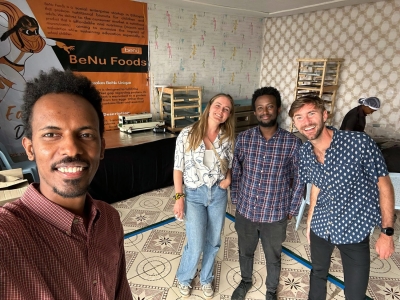Meet Tailored Food, a non-profit working to achieve ZeroHunger by 2030
Taylor Quinn, a social entrepreneur and anthropologist from Vancouver, is Freerice's newest Hunger Hero. Taylor’s commitment to reach Zero Hunger through a holistic approach to food security inspires us by showing the power of unique vision, innovation and drive. His non-profit organization, Tailored Food, partners with grassroots entrepreneurs and the world’s biggest food systems organizations to research, develop and scale-up nutritious, delicious low-cost food for those most in need.
With a small but mighty team and projects in 19 countries, Tailored Food is trailblazing a more equitable, nutritious and affordable food system. Meet Taylor and learn more about his work in our Q&A!
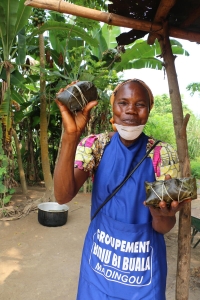
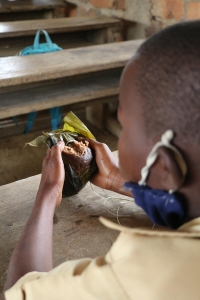
Hi Taylor! Can you tell us a little bit about Tailored Food?
Sure! At Tailored Food we are building a grassroots movement to end hunger by 2030. We do that by figuring out what foods are people excited to eat in their local communities, and then by designing those foods to be incredibly nourishing, delicious, affordable and desirable.
What kinds of food have you helped develop?
We’ve worked with grassroots entrepreneurs to take fermented and flavored porridges to markets in Liberia. We’ve worked with the UN World Food Programme to train 160 female entrepreneurs across Congo to produce and sell “mbala pinda”: nutritious cassava protein bars wrapped in banana leaves.
We also help produce locally sourced high protein biscuits in Ethiopia with an amazing small business run by young people, nutritious nut butters in Mozambique and plant-based ground beef in Brazil sold in the favelas of San Paolo.
What inspired you to pursue this work?
I come at this work as a food anthropologist. I’ve been curious about questions for years like, “Why do people eat what they eat? What are they excited to eat? How do people in different cultures think about health and nutrition? What role does food play within a family structure? When and how do people eat: are they eating in their houses or outside of their houses? Why, when and how much?”
How do you develop new food products?
We do in-person, on-the-ground fieldwork or support local partners in their community. We take an assets-based approach to community development. In this space, we’re often talking about people’s diet and the deficiencies they’re facing, but we’re rarely asking what people are eating, and why they are making those choices today. It’s important to understand their behavior in order to design products that are desirable and culturally relevant.
For example, people around the world buy sugary beverages because they taste good, they provide energy and they’re portable. Knowing this, we can design healthy food that has all those same product qualities while supporting local businesses and providing people with food they’re familiar with — rather than imported food.
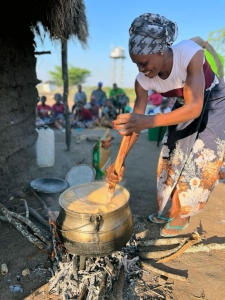
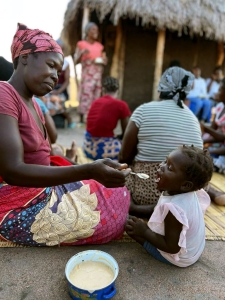
How many projects are you currently working on?
Right now we have projects in 19 countries and we’re growing quickly. At Tailored Food, we try to be the behind-the-scenes partner and work side-by-side with grassroots entrepreneurs and nonprofits, organizations and communities. Our focus is always designing foods that can go directly into the market as well as to humanitarian actors.
We have produced and sold over 5.2 million meals to the lowest-income families over the last five years, and we're just getting started!
Learn more about Tailored Food and follow for updates on LinkedIn.
